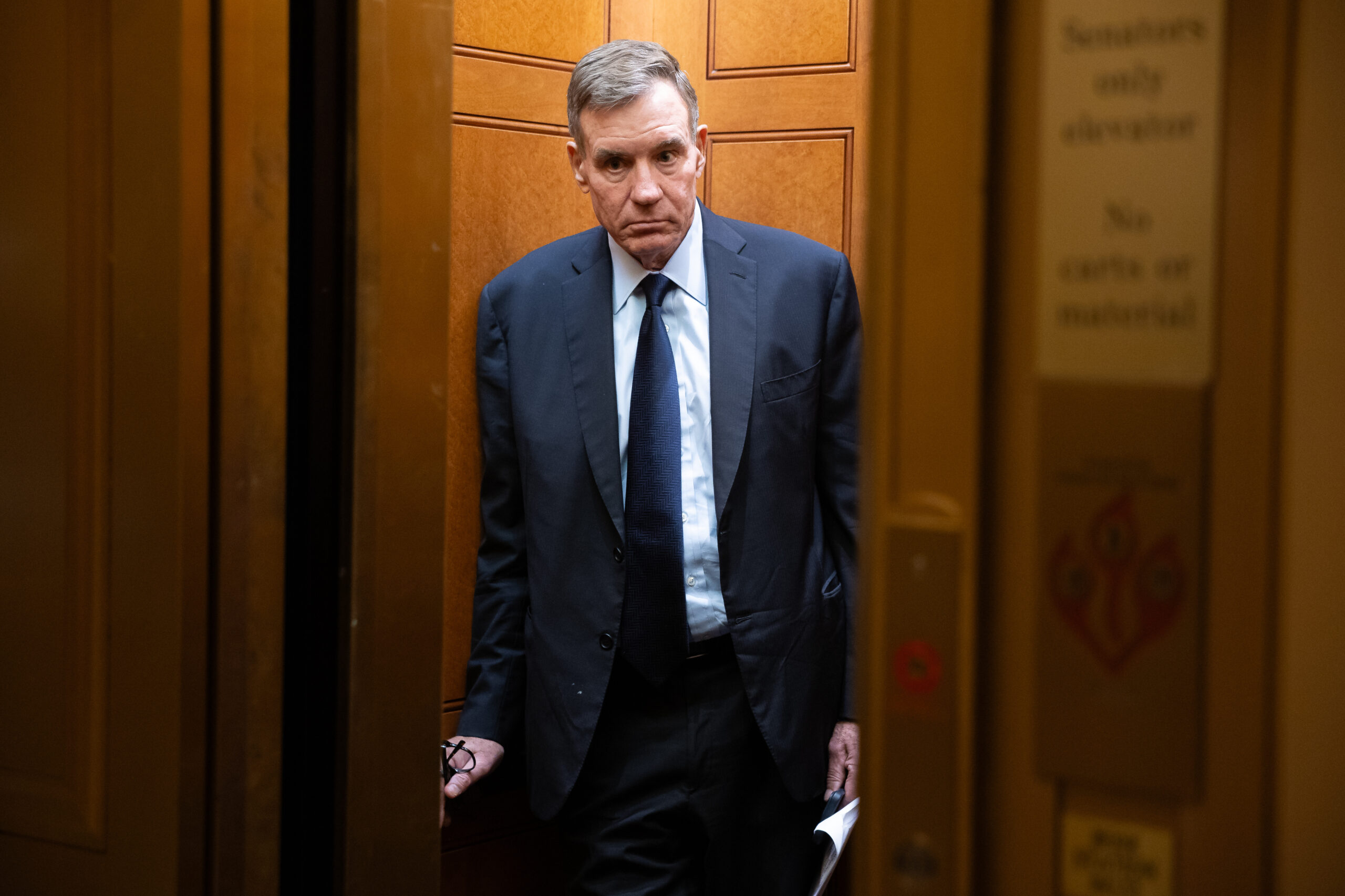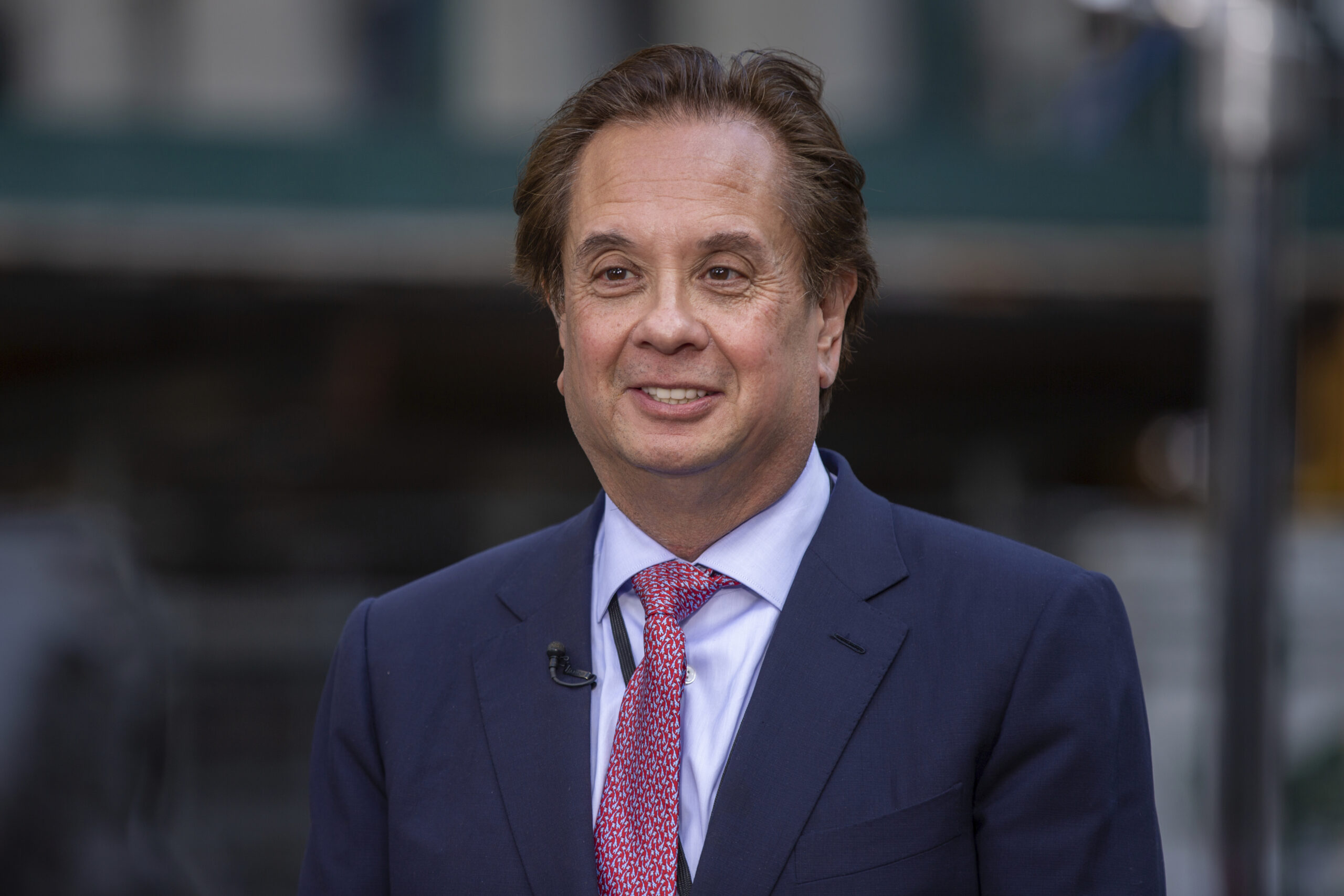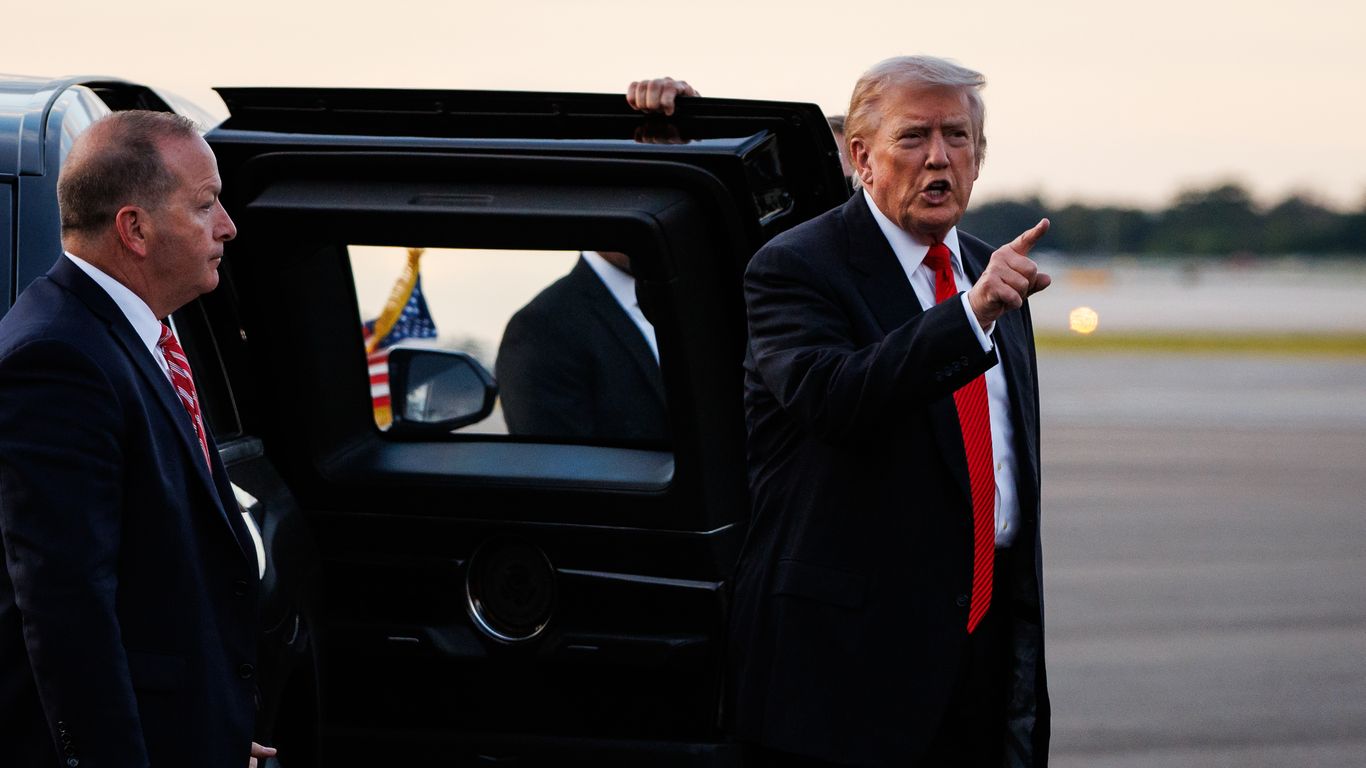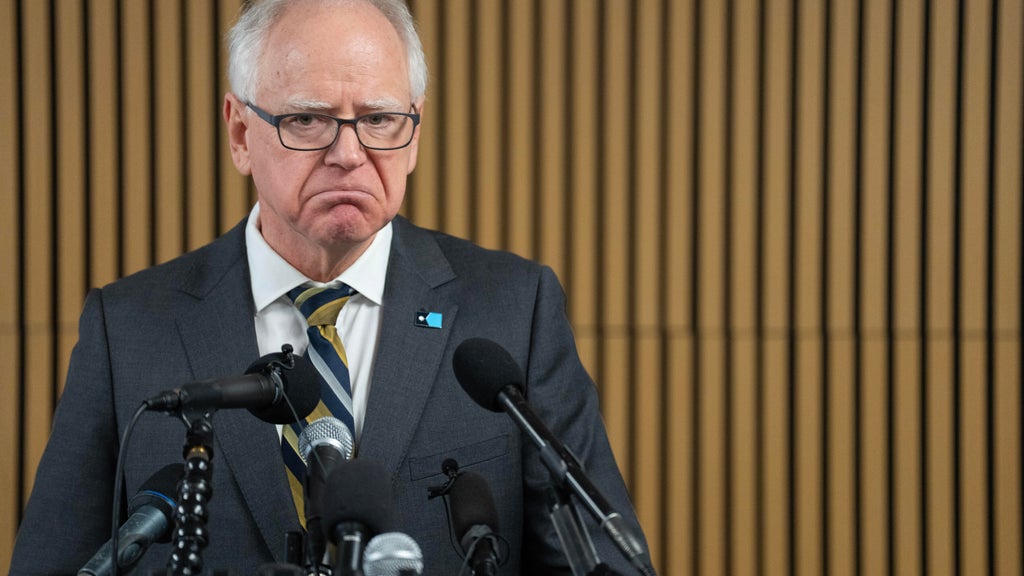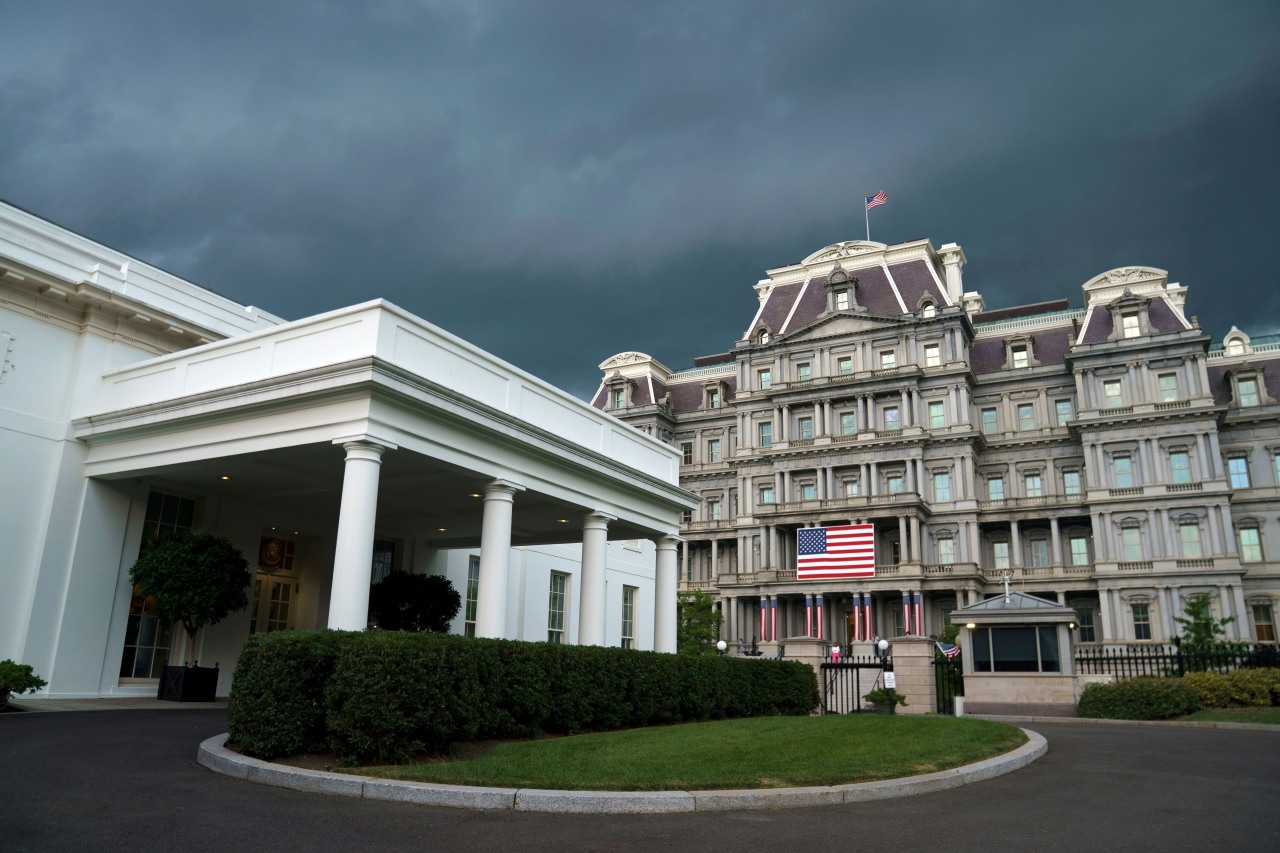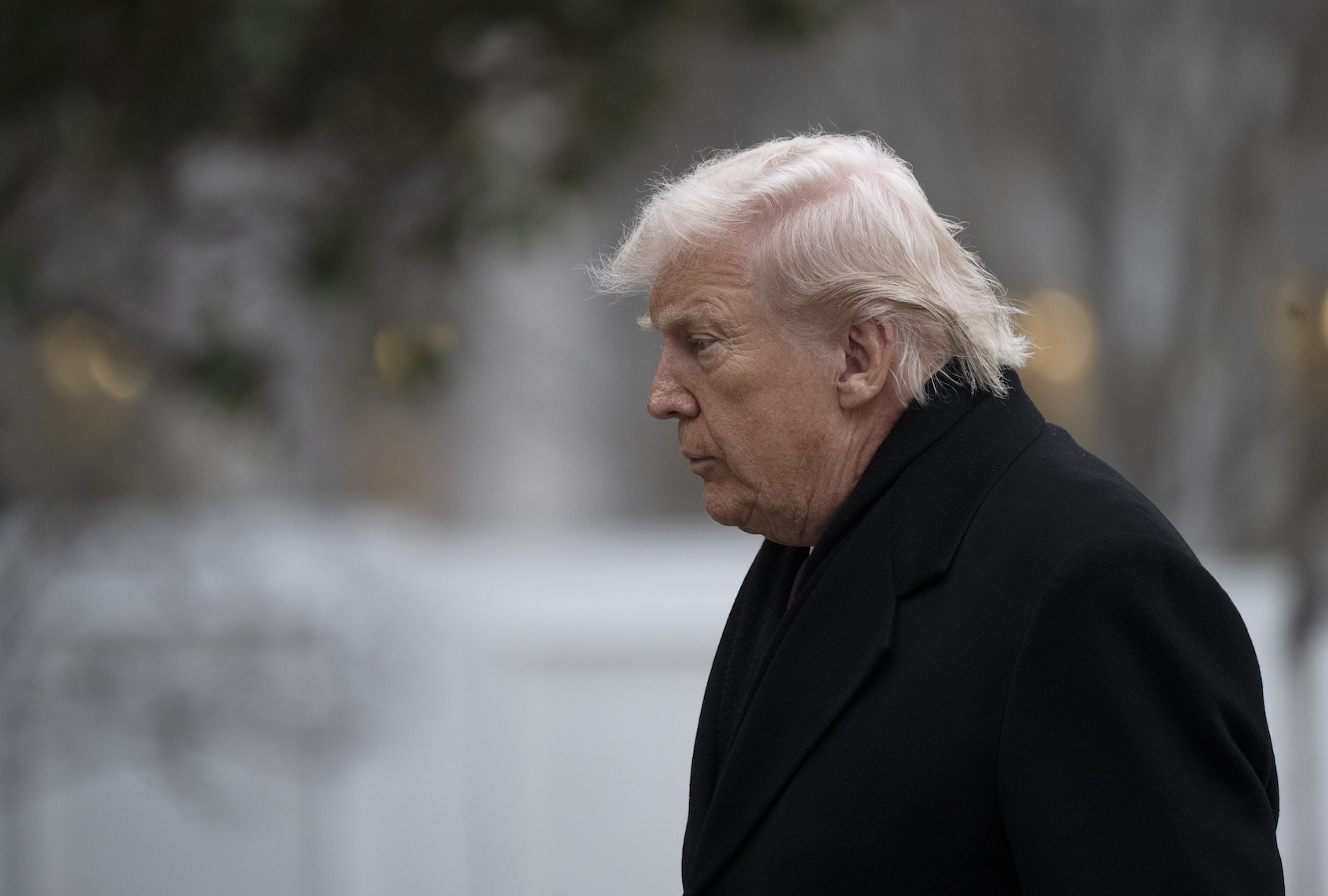Senator Mark Warner of Virginia has opted out of bipartisan discussions regarding the potential government shutdown, a notable shift from his previously active role in Senate negotiations. This decision reflects his skepticism about the effectiveness of ongoing talks between Democrats and Republicans.
In October 2023, Warner expressed frustration over the current political climate, which he believes has hindered productive dialogue. He stated that the situation has evolved into a “blame game,” making it increasingly difficult to achieve meaningful bipartisan agreements. According to Warner, past collaborations have yielded more substantial results compared to the present environment characterized by partisan divisions.
Warner’s absence from these discussions highlights a growing concern among some lawmakers about the viability of reaching consensus in an increasingly polarized Senate. Historically, he has been recognized for his ability to bridge gaps between parties, often participating in negotiations aimed at resolving pressing issues. However, with the current standoff over budgetary matters, he felt compelled to step back from the process.
This decision comes as the government faces an impending shutdown if Congress fails to pass critical funding bills. Warner’s colleagues in the Senate have been vocal about their concerns regarding the potential impacts on federal services and employees. The implications of a government shutdown could be severe, affecting various sectors, including healthcare, education, and public safety.
In a recent interview, Warner emphasized the importance of returning to a collaborative approach for future negotiations. He noted that the Senate must prioritize the needs of the American people rather than engage in political theatrics. His hope is that lawmakers can eventually refocus on the issues that matter most, such as economic stability and national security.
As the deadline for funding approaches, Warner’s decision raises questions about the effectiveness of bipartisan cooperation in addressing critical governance issues. With tensions running high, it remains to be seen how this will affect the Senate’s ability to navigate the current crisis.
In the broader context, this situation is emblematic of the challenges facing Congress as it grapples with funding disputes and policy disagreements. Warner’s stance may resonate with constituents who are increasingly frustrated by the gridlock in Washington. His withdrawal from discussions signifies a deeper concern about the future of bipartisan efforts in the Senate, particularly as the political landscape continues to evolve.
Warner’s decision marks a pivotal moment in the ongoing narrative of legislative negotiations, as the Senate seeks to balance the interests of different parties while addressing the urgent needs of the nation.

